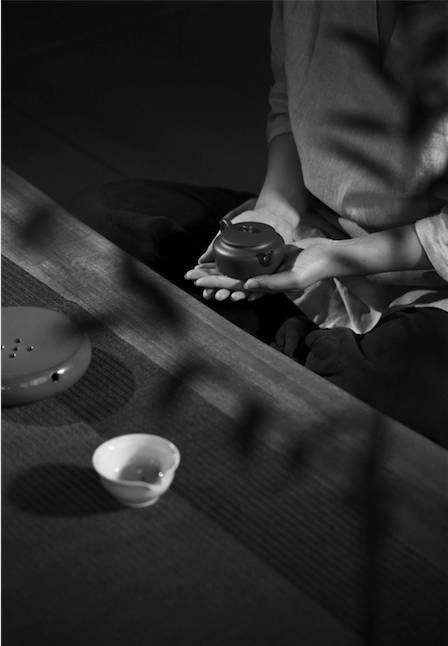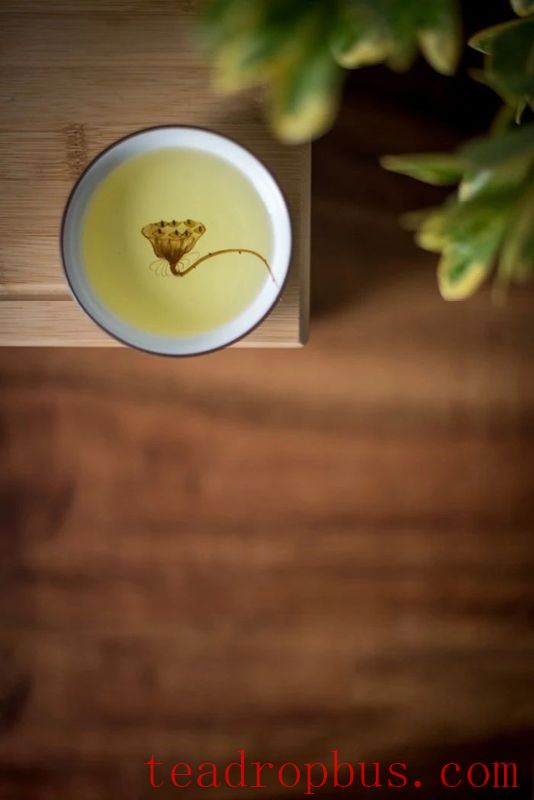
The seven daily necessities—firewood, rice, oil, salt, soy sauce, vinegar, and Tea—have made tea an indispensable beverage in people's lives. Tea can be strong or light, and some seasoned tea drinkers prefer a robust flavor, often brewing their tea too strong to feel satisfied and stimulated! They may find gentler teas lacking in flavor! But is this really good for you? Let's discuss which is better for your health: strong tea or light tea.



Light tea is more beneficial than strong tea. As a natural beverage, tea is favored by many. Not only does it contain tea polyphenols, which have anticancer properties, but it also contains small amounts of Caffeine that can invigorate the mind and body. Additionally, it contains trace elements that can help break down fats and aid digestion. From a health perspective, drinking light tea is preferable. A widely circulated folk saying, “The Drinking Tea Decree,” states, “Lightly brewed tea drunk warm is most nourishing,” and “Overly strong tea leads to tea addiction.” These sayings emphasize the same principle.



Strong tea can harm the stomach. Strong tea has a higher content of theophylline, which can stimulate gastric wall cells and lead to excessive gastric acid production. Long-term consumption of strong tea can cause excessive secretion of gastric acid, which can be particularly detrimental to patients with gastric ulcers or duodenal ulcers. Statistics show that about 10% of avid tea drinkers experience symptoms such as nervousness, anxiety, and shortness of breath when they drink 2-3 cups of strong tea daily. The caffeine in tea can be addictive, leading people to drink increasingly stronger tea, which can be detrimental to health. Light tea, on the other hand, contains less theophylline, enough to refresh and restore energy without causing excessive excitement.

Strong tea hinders nutrient absorption. Strong tea contains high levels of tannins, which can inhibit the absorption of iron, leading to iron deficiency anemia. Tannins can also bind with dietary proteins and vitamin B1, causing constipation. Nutrition experts have found that excessive tea consumption can increase urine output, leading to the loss of important nutrients like magnesium and potassium.


Strong tea disrupts sleep. Tea contains 2-5% caffeine, and strong tea has even higher caffeine content. One cup of strong tea can contain around 100 milligrams of caffeine, making it difficult to sleep. Why do some people not experience significant sleep disturbances after drinking tea? This is because individuals have different tolerances and metabolic rates for caffeine. Those with a high tolerance for caffeine experience a lower stimulating effect, making it easier for them to fall asleep.

Strong tea harms blood vessels. Excessive caffeine can cause overstimulation, restlessness, insomnia, palpitations, and discomfort, potentially raising blood pressure. Drinking strong tea increases blood volume, which can exacerbate heart conditions and symptoms of heart failure. For those with cardiovascular diseases, these effects can sometimes be fatal. Other tea enthusiasts should also choose their tea based on their individual constitution. While some people prefer strong tea and others prefer light tea, from a scientific standpoint, it is recommended to drink light tea, which is healthier for the body.
If there are any copyright issues, please contact us for removal.